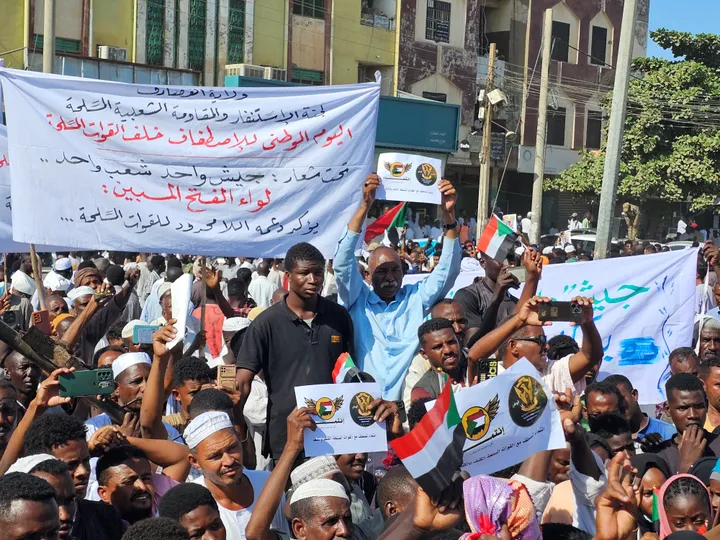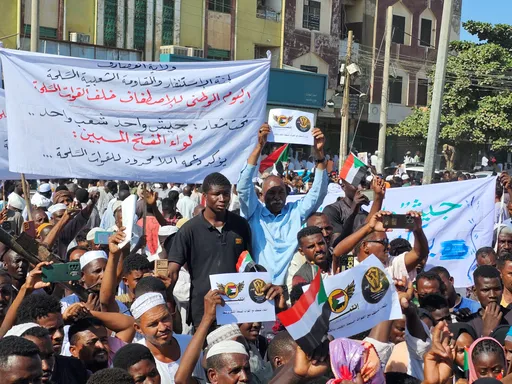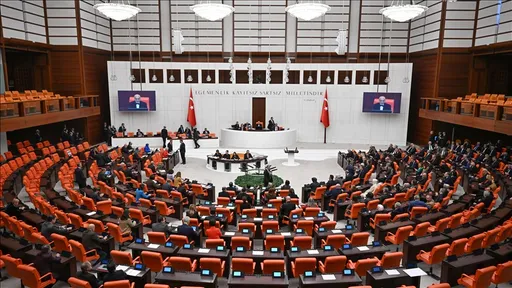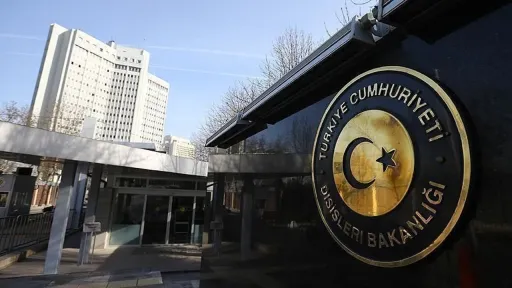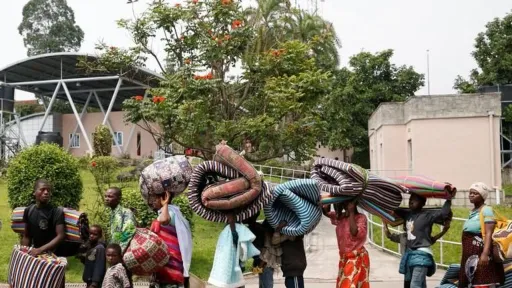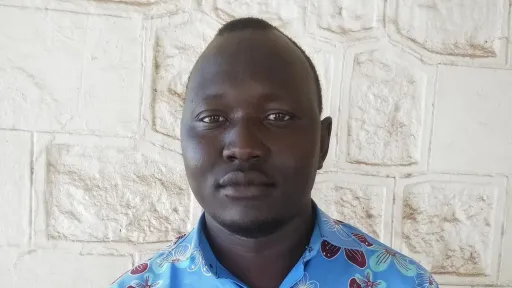By Abdallah Athman Abdallah Majiid
It is natural for humans to seek a better understanding of their history. Some motivating factors include the desire to know what the past looked like while comparing it with the current and trying to predict the future.
In this article, I will highlight and explore the Swahili language and how it evolved to become a language of communication in Africa.
In the near future, Swahili, as a language, should occupy a central and broader role within Africa. Thankfully, the use of Swahili in Africa has gained a new impetus after UNESCO recognised it and designated World Kiswahili Language Day on July 7.
It is an impressive milestone for Swahili, as it has presented a new and unique record among African languages on this continent.
The language has earned remarkable usefulness even with the world’s reputable media outlets such as TRT, BBC, DW, VoA, French radio, Japan, China, UN radio, etc., all of which have dedicated Swahili channels.
Other factors contribute significantly to the maturation. Sports competitions, political meetings, and economic activities contribute significantly to developing main languages.
The 2022 World Cup in Qatar and the previous tournaments in South Africa are critical examples of a space where language was uniting speakers.
Splendid achievement
In political arenas, the East African parliament uses Swahili for its discussion and deliberations.
The growth of the Swahili language in Africa can be attributed to its simplicity and convenience of learning.
It is reflected in its grammar, syntax, and sounds. Now other nations are acknowledging that it is easy to learn. Hence, foreigners learn with little effort.
Several international organisations have sent people to countries like Tanzania and Kenya to learn the language since the 1960s.
Therefore, Kiswahili is not limited to Africa exclusively. It is increasingly gaining more speakers, even in Europe and America.
Several reports show that American and European students select the Kiswahili language as the primary African language in their university studies.
Similarly, there are reports that some militaries outside Africa are learning and teaching Kiswahili for security reasons.
Kiswahili is in the top 10 among the 6,000 most-spoken languages. Besides, it is one of the official languages in Tanzania, Kenya, Uganda and the Democratic Republic of Congo.
Various universities in African countries such as South Africa, Rwanda, Malawi, Ghana, Zimbabwe, Burundi, Kenya and Uganda have integrated Swahili into their syllabuses.
More plans are underway for the language to be used in Namibia and North Africa. No other language of African origin has gained such a splendid achievement.
Moreover, on December 9, 2022, the Swahili language banner was raised on Mount Kilimanjaro, the African highest peak, as a sign – its voice should reach across the continent.
The challenges
In collaboration with the Tanzanian government and the private sector, Prof. Aldin Mutembei of the University of Dar es Salaam conceived and executed the vision.
Without a shadow of a doubt, based on the ongoing realities, the efforts undertaken by local political leaders in Tanzania, South African opposition leader Julius Malema and other passionate stakeholders, Swahili stands in a better position to be the principal language of communication in Africa than any other African language in the continent.
Even with the hope expressed here, underlying challenges still prevent the Swahili language from rapidly gaining a broader reach in the continent.
These challenges include the stereotypes held by scholars, politicians, and leaders in Africa. Harmful stereotypes are derivatives of intellectual and psychological deficiency resulting from the impact of neo-colonialism.
Another reason is the fear of being left behind by new technologies, lack of patriotism and pan-Africanism, irrational fear or dislike of anything new or unfamiliar, poverty, and much more.
However, there are many signs and indications that the language in question is superior today than it was in the past due to Africa’s current economic, political, and social dynamics.
If decisive action is to be taken today, Swahili as a language can represent the African continent's voice. This is the only language of African origin that has that capacity.
The author, Abdallah Athman Abdallah Majiid, is an Assistant Lecturer in Kiswahili language and literature at the Morogoro Muslim University Tanzania.
Disclaimer: The viewpoints expressed by the author do not necessarily reflect the opinions, viewpoints and editorial policies of TRT Afrika.


